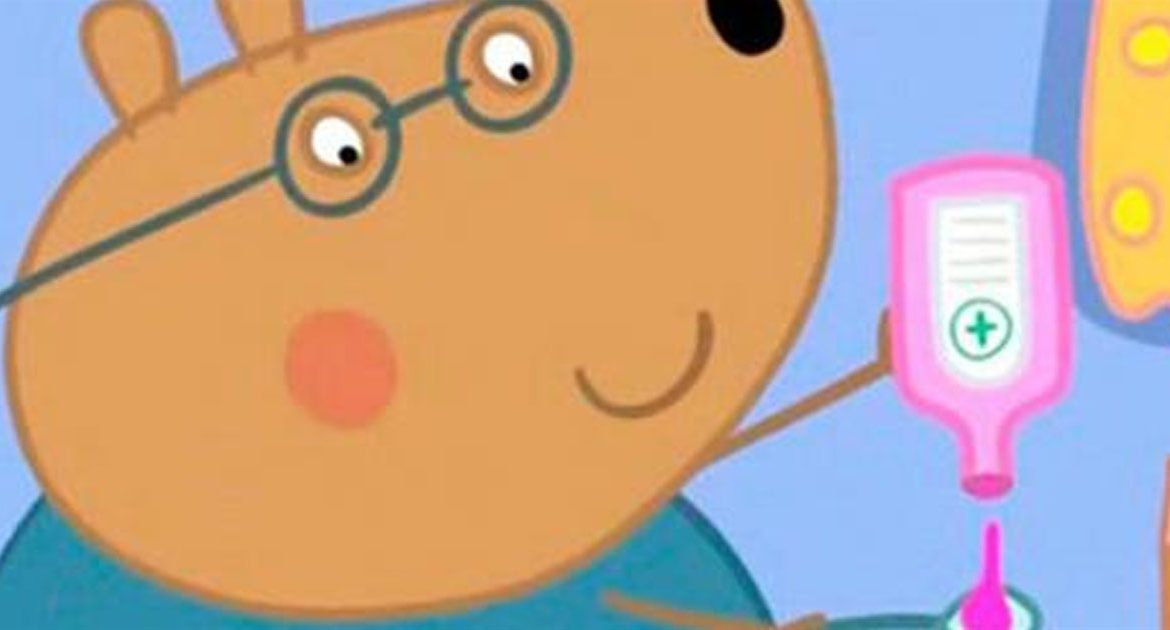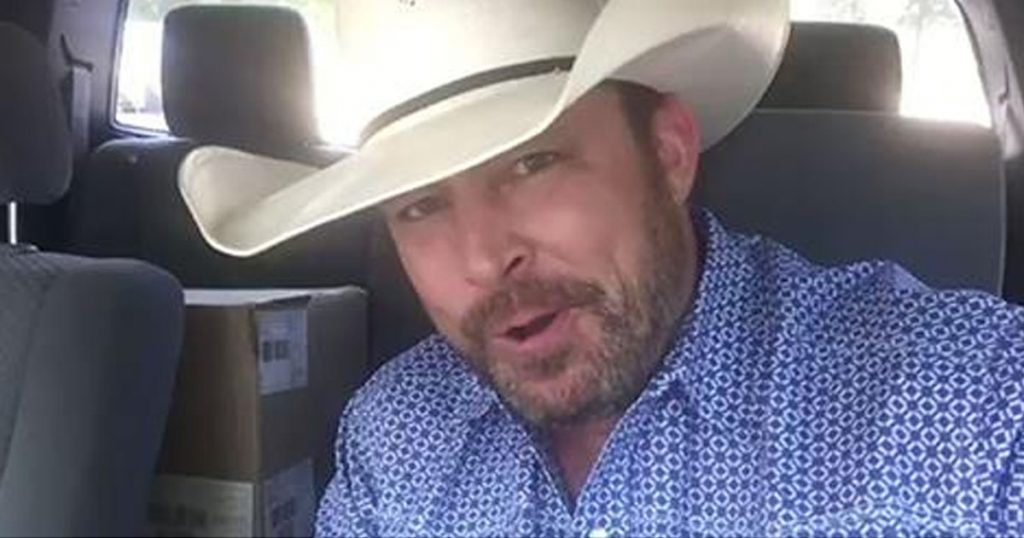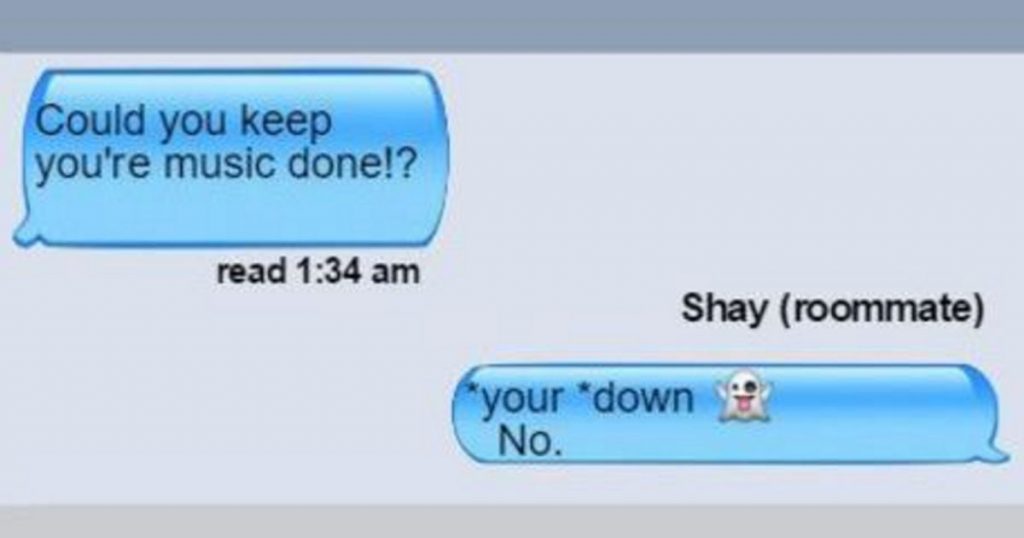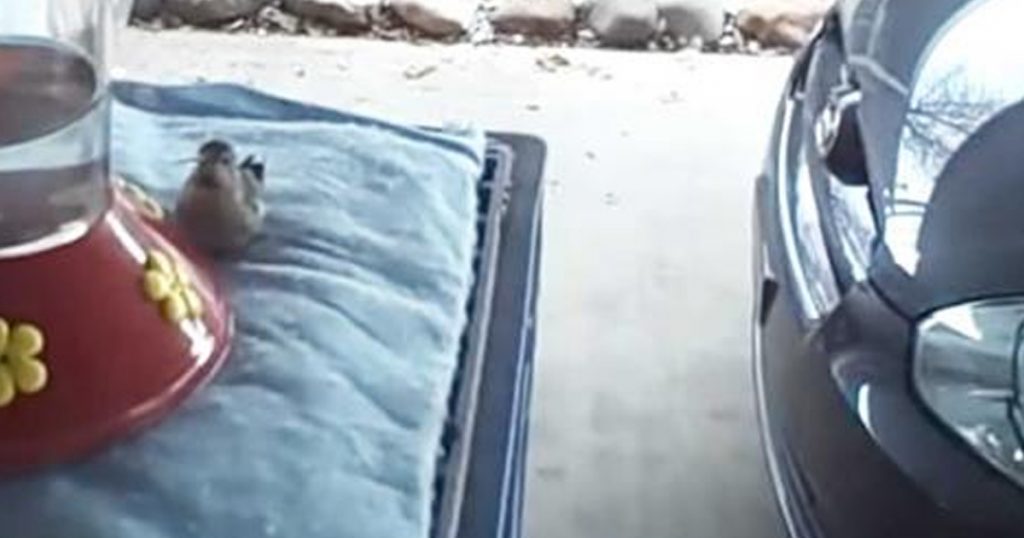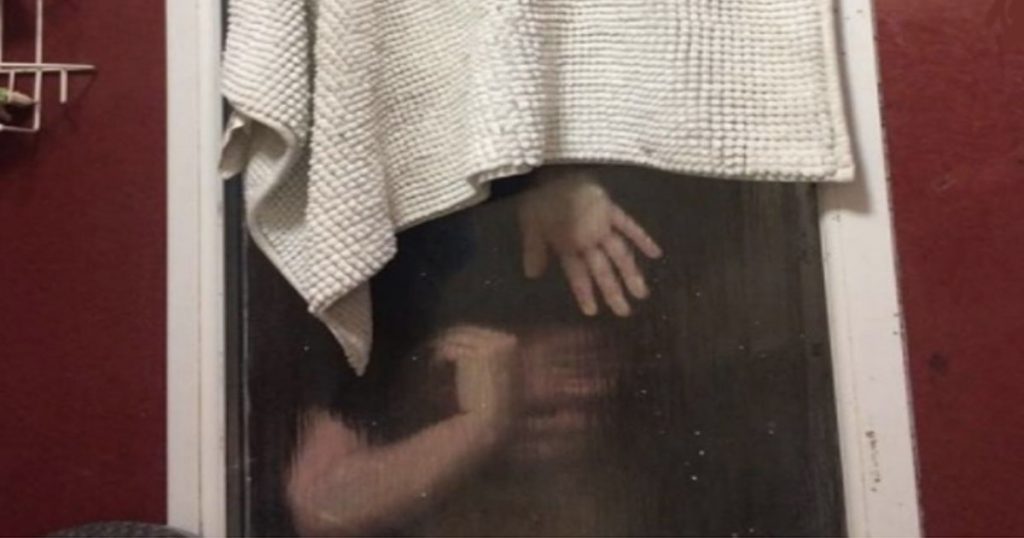A doctor has branded Peppa Pig as the NHS’ public enemy number one, because of the pig’s family inappropriate use of their doctor.
Dr Catherine Bell, who regularly watches the show with her child, thinks the fact that Peppa Pig’s family and other characters on the show often consult their doctor, Dr Brown Bear, about minor ailments fuels unrealistic expectations of the NHS.
Writing in an article for the British Medical Journal, the GP said: ‘Dr Brown Bear, a single handed GP with whom the Pig family is registered, appears to provide his patients with an excellent service — prompt and direct telephone access, continuity of care, extended hours, and a low threshold for home visits.
But could this depiction of general practice be contributing to unrealistic expectations of primary care?’
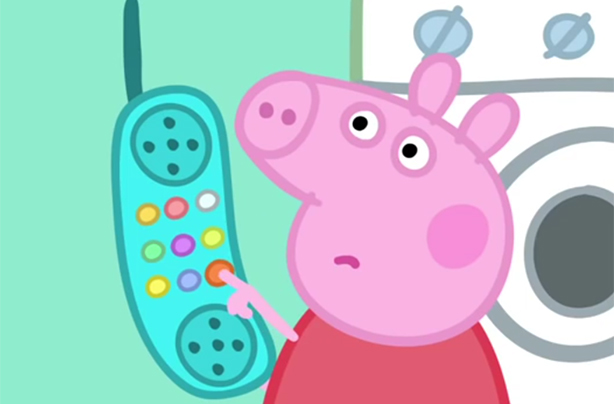
The doctor is accusing Peppa Pig of being a bad example for parents
The GP then analyses three instances when characters unnecessarily visited the doctor, like when three-year-old Pedro Pony’s cough warrants an urgent trip from Dr Brown Bear at the playground ‘in a green light car with sirens’.
After analysing the three instances when characters in the show seem to consult the doctor without having to, the doctor concludes ‘exposure to Peppa Pig and its portrayal of general practice raises patient expectation and encourages inappropriate use of primary care services’.
The advice for minor illnesses such as coughs and colds is usually to stay at home, drink plenty of fluids, and not see a doctor, which doesn’t seem to be the case on the show.
When asked what she would change if given the chance, the Sheffield-based GP told the BBC: ‘If the topic was health-related, I would be encouraging self-care for minor illnesses rather than another visit to Dr Bear.’
The article, albeit tongue-in-cheek, is has ‘serious’ message behind it according to Professor Helen Stokes-Lampard, Chair of the Royal College of GPs.
She told The Telegraph: ‘Whilst GPs cherish the unique relationships we have with our patients – and the trust our patients have in us — we are not always the most appropriate healthcare professional to seek medical advice from, if indeed it is necessary at all.
